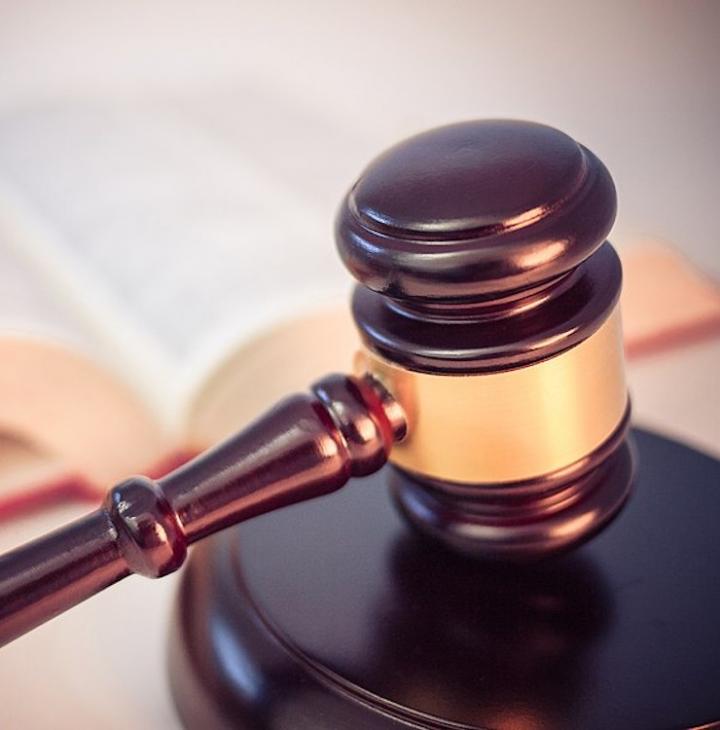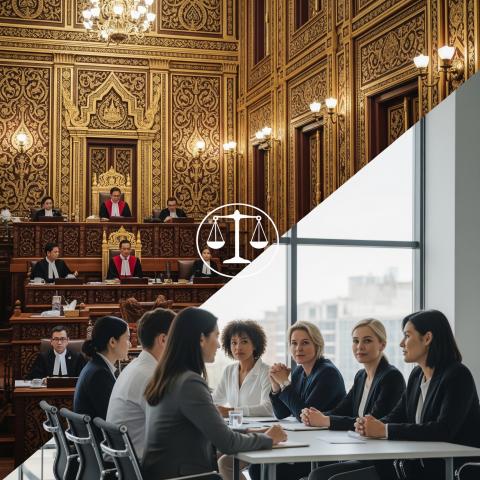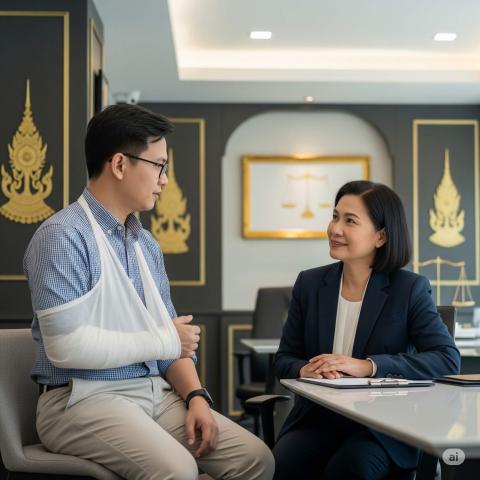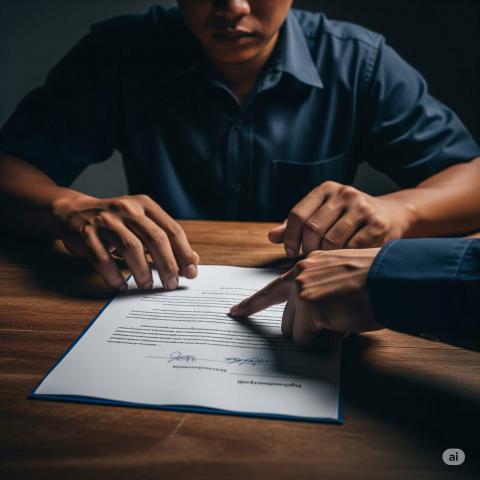Understanding Civil Law in Thailand
Thailand's civil law system governs the rights and obligations of individuals and organizations in a wide range of non-criminal matters. For foreigners in Thailand, understanding civil law is crucial for personal and business dealings. Key areas where our experienced lawyers at PS Law & Business can assist include:
- Contract Law: Drafting, reviewing, and enforcing contracts related to business, employment, leases, and other agreements. We help ensure your contracts are clear, legally sound under Thai law, and protect your interests in case of contract disputes.
- Property Law: Advising on property purchases, sales, leases, and resolving property disputes. Thailand has specific regulations regarding foreign property ownership, and our team can guide you through these complexities.
- Family Law: Assistance with matters such as marriage, divorce, prenuptial agreements, child custody, and adoption, particularly involving foreign nationals.
- Business Disputes: Representing clients in various commercial disagreements, including partnership disputes, debt recovery, and other business-related litigation.
- Torts and Personal Injury: Providing legal support if you have suffered harm or damages due to another party's negligence or wrongful act.
Our approach to civil law matters involves meticulous preparation, strategic negotiation, and, when necessary, robust representation in Thai courts. We aim to achieve the best possible outcome for our clients, whether through amicable settlement or civil litigation.
Navigating Criminal Law in Thailand as a Foreigner
Facing criminal charges in Thailand can be a daunting experience for foreigners, given the differences in legal procedures and potential language barriers. It is vital to secure expert legal representation immediately. PS Law & Business provides comprehensive criminal defense services for foreigners in Bangkok and throughout Thailand. Our areas of expertise include, but are not limited to:
- Defense Against Various Charges: Including theft, assault, fraud, drug-related offenses, defamation, and lèse-majesté. We understand the nuances of Thai criminal law and procedure.
- Police Investigations and Interrogations: Advising and representing you during police questioning to protect your rights.
- Bail Applications: Assisting with the process of applying for bail.
- Court Representation: Providing strong defense representation throughout all stages of the Thai court process, from the Court of First Instance to appeals, if necessary.
- Understanding Your Rights: Ensuring you are fully aware of your rights as a defendant under Thai law, including the right to an interpreter and legal counsel.
The Thai criminal justice system has its own distinct characteristics, and penalties can be severe. Early intervention by a knowledgeable criminal lawyer is crucial. At PS Law & Business, we are committed to providing clear guidance and a vigorous defense to protect your freedom and interests.
Whether you are dealing with a civil dispute or facing criminal allegations, PS Law & Business offers the legal expertise and support you need in Thailand. We understand the concerns of our foreign clients and strive to make the legal process as clear and manageable as possible.
Frequently Asked Questions (FAQ)
Q: What is the statute of limitations for civil claims in Thailand?
A: The prescription period (statute of limitations) for civil claims in Thailand varies depending on the nature of the claim. For example, general contract disputes often have a prescription period of 2 or 10 years, while claims for wrongful acts (torts) are typically 1 year from the date the wrongful act and the person responsible are known, but no more than 10 years from the date the act was committed. It's crucial to consult a lawyer to determine the specific period applicable to your case.
Q: If I'm arrested in Thailand, what are my immediate rights as a foreigner?
A: As a foreigner arrested in Thailand, you have the right to remain silent, the right to notify your embassy or consulate, the right to contact and consult with a lawyer, and the right to an interpreter if you do not understand Thai. It is highly recommended to exercise your right to speak with a lawyer before answering any questions from authorities.
Q: Can foreigners own land in Thailand?
A: Generally, Thai law prohibits foreigners from directly owning land in their own name. However, there are exceptions and alternative structures, such as long-term leases or investing in a Thai company that owns land (subject to specific conditions). It's essential to get legal advice before entering into any property transactions.
Q: What are common penalties for drug offenses in Thailand?
A: Thailand has very strict laws regarding drug offenses, and penalties can be severe, including lengthy prison sentences (even life imprisonment) and, in some extreme cases, the death penalty, particularly for trafficking large quantities. Penalties depend on the type and quantity of the drug and the nature of the offense (e.g., possession, use, trafficking).
Q: How does the Thai court system work for civil cases?
A: The Thai court system for civil cases typically involves filing a plaint (complaint) with the Court of First Instance. This is followed by service of the plaint to the defendant, who then has a period to file an answer. The process may include mediation sessions, pre-trial hearings, witness examinations, and eventually a judgment. Appeals can be made to the Court of Appeal and, in some cases, to the Supreme Court. The process can be lengthy and complex, making legal representation essential.
External Links
- The Judiciary of Thailand (Court of Justice) - Official website with information about the Thai court system.
- Office of the Council of State (Krisdika) - Provides access to unofficial English translations of some Thai laws.
- Ministry of Foreign Affairs of the Kingdom of Thailand - Useful for consular information and general advice for foreigners.




